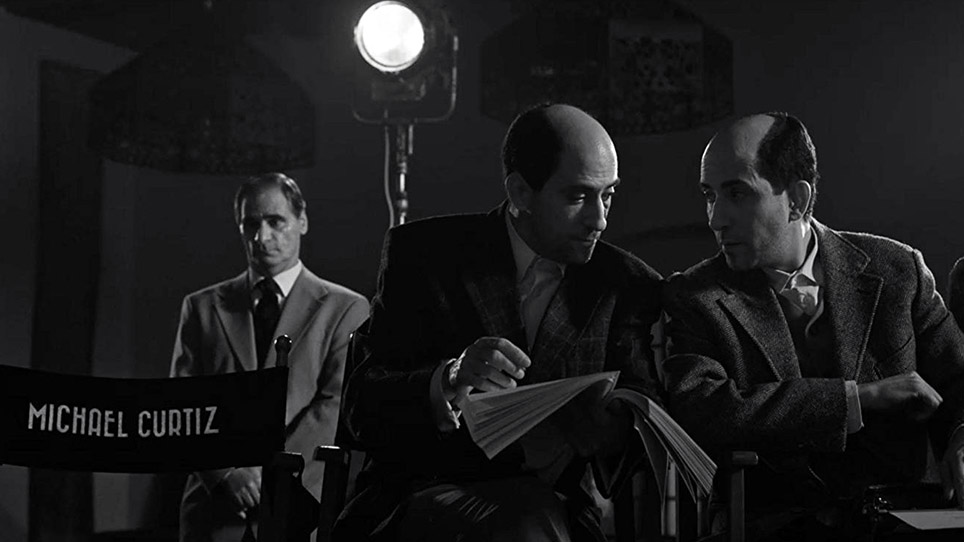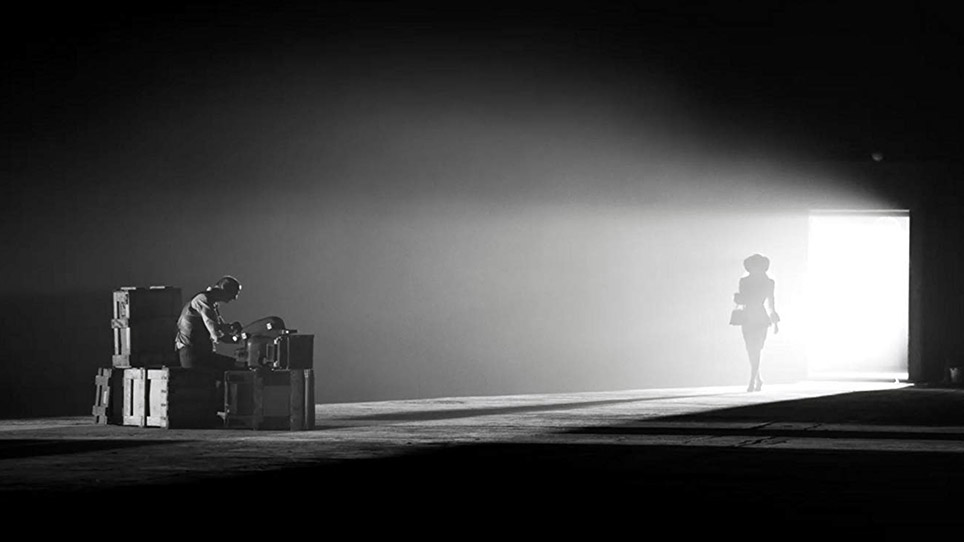 What do Casablanca, Amadeus, and The Goonies have in common? Yes, sure, they’re all being screened for free under the stars at Miami Beach Soundscape as part of the 23rd Annual Miami Jewish Film Festival’s excitingly diverse line-up. Even more than that however, festival director Igor Shtereynberg has also paired these classics with recent biopics being shown in theaters as part of the festival’s regular lineup. Today you have a chance to catch the acclaimed Forman vs. Forman, which recounts the life struggles of the Amadeus and One Flew Over the Cukoo’s Nest director Miloš Forman, a prominent figure of the late 1960’s Czech New Wave who fled Czechoslovakia for the United States after the hard-line communist crackdown. Next Wednesday keep an eye out for Dave Grusin: Not Enough Time, a biopic of the multi-Oscar winning conductor who scored such films as The Graduate, Tootsie, and The Goonies.
What do Casablanca, Amadeus, and The Goonies have in common? Yes, sure, they’re all being screened for free under the stars at Miami Beach Soundscape as part of the 23rd Annual Miami Jewish Film Festival’s excitingly diverse line-up. Even more than that however, festival director Igor Shtereynberg has also paired these classics with recent biopics being shown in theaters as part of the festival’s regular lineup. Today you have a chance to catch the acclaimed Forman vs. Forman, which recounts the life struggles of the Amadeus and One Flew Over the Cukoo’s Nest director Miloš Forman, a prominent figure of the late 1960’s Czech New Wave who fled Czechoslovakia for the United States after the hard-line communist crackdown. Next Wednesday keep an eye out for Dave Grusin: Not Enough Time, a biopic of the multi-Oscar winning conductor who scored such films as The Graduate, Tootsie, and The Goonies.
This past Monday I caught Curtiz at O Cinema South Beach before the screening of Casablanca at Soundscape. Buzzed as the weakest in this lineup of biopics, Curtiz is director Tamás Yvan Topolánszky’s heavily, even ham-handedly, modified narrative about the making of Casablanca and the personal struggles Hungarian exile director Michael Curtiz endured to bring it to completion. As you might expect in this kind of flick, our Michael Curtiz’s “real life” struggles mirror the conflicts in the movie he is making, with Curtiz (Ferenc Lengyel, whose performance is the film’s strength) as the selfishly neutral Rick, who has abandoned his Ilsa Lund stand-in daughter Kitty (Evelin Dobos), herself torn between her father and his antagonist, the super-patriot Johnson (Declan Hannigan, whose stage moustache matches his villainy). The story revolves around the filmmaker’s inability to find an apt conclusion to his story, and of course, Rick’s final choice of duty over love (erotic or parental–the film’s Fruedian tonality is thick as cold syrup), spurred by an awaking to the morality of the struggle against fascism, is the choice our Curtiz makes, thus showing him how to end the movie.

It’s a clever enough idea, but the vision gets diluted by an attempt also to make Declan Hannigan’s Johnson an allegorically current right-wing populist, which confuses the narrative’s moral bearings and adds a layer of anachronism neither necessary nor useful. Add in stilted dialogue, occasionally beautiful but often annoying low-key black and white photography, clichéd pseudo-noir jazz, and a pair of writers whose bald caps make them look like a cross between Kurosawa samurais and Romulans (and the Star Trek reference here is bizarrely apropos for reasons I won’t get into and that still have me scratching my head), and there’s just too much in the movie distracting from its interesting core and from Lengyel’s performance. I have heard Forman vs. Forman is a much better film, and I’m certainly looking forward to it as a way into rewatching Amadeus, which I haven’t seen in ages. Curtiz has an interesting core and makes a lot of sense for the festival’s programming. I’m glad I saw it, but it’s not something I imagine seeking out again.
 Andrew Strycharski directs the film studies program at Florida International University.
Andrew Strycharski directs the film studies program at Florida International University.
